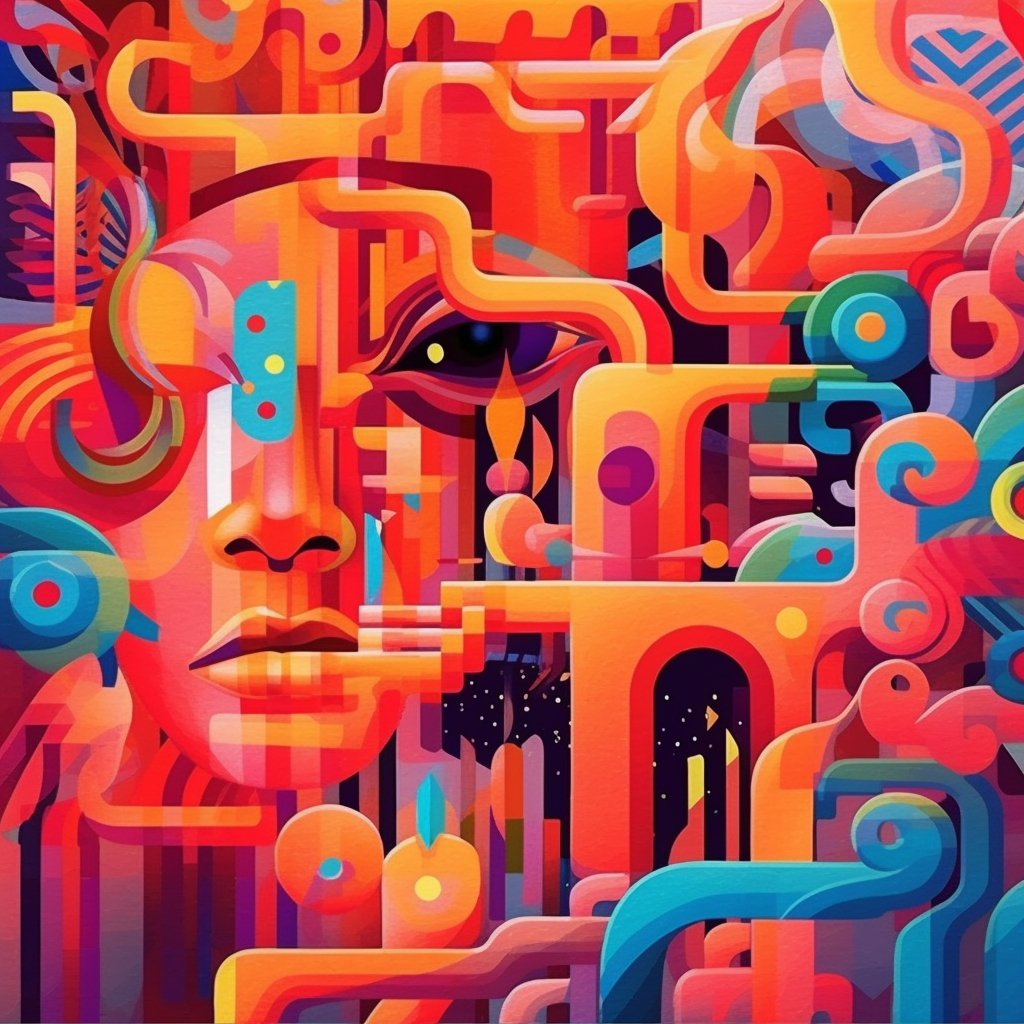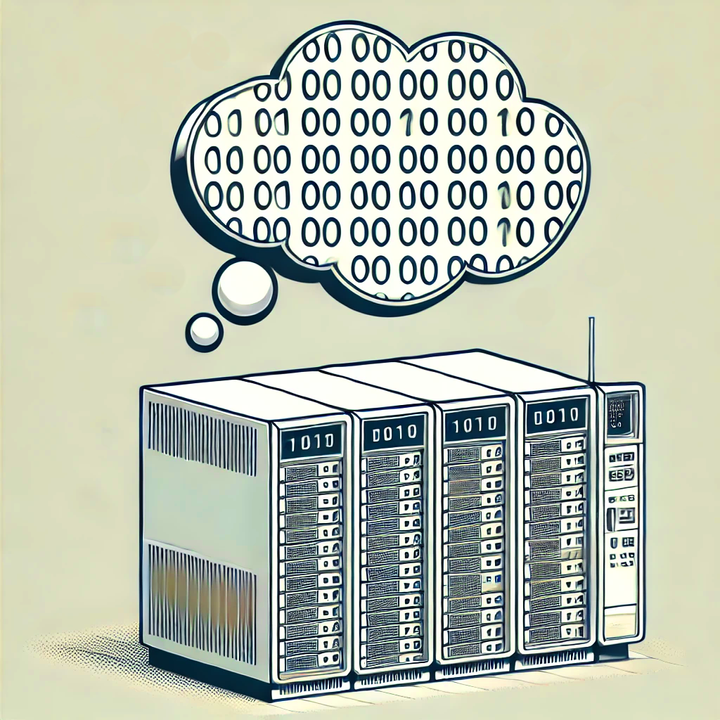Debunking the Myth of AI Sentience

Unmasking AI: The Consciousness Myth Debunked
Why it matters: The seeming consciousness of AI, including models like ChatGPT, sparks controversy. Clear understanding is essential as we interact with these tools more and more.
1. The Illusion of Consciousness
- People often perceive AI, such as ChatGPT, as conscious due to their capability to mimic human conversation and execute complex tasks.
2. Defining Consciousness
- Consciousness is typically defined as the ability to have thoughts, feelings, and subjective experiences. It's tied to notions of selfhood and personhood.
3. ChatGPT's Reality
- Despite their impressive capabilities, AI systems like ChatGPT aren't conscious. They don't have subjective experiences or feelings; they operate based on pre-set algorithms and data-driven learning.
4. Why the Myth Persists
- The image of sentient AI is reinforced by popular culture and science fiction. Furthermore, complex AI technology and anthropomorphic language used to describe it contribute to the illusion.
5. The AI Truth
- AI systems, including ChatGPT, generate outputs based on data patterns and structures, not personal experiences or self-awareness.
The big picture: It's crucial to remember that AI systems aren't conscious. They're sophisticated tools, but devoid of awareness or understanding of the world.
(guest spot: This was written by ChatGPT 4)


